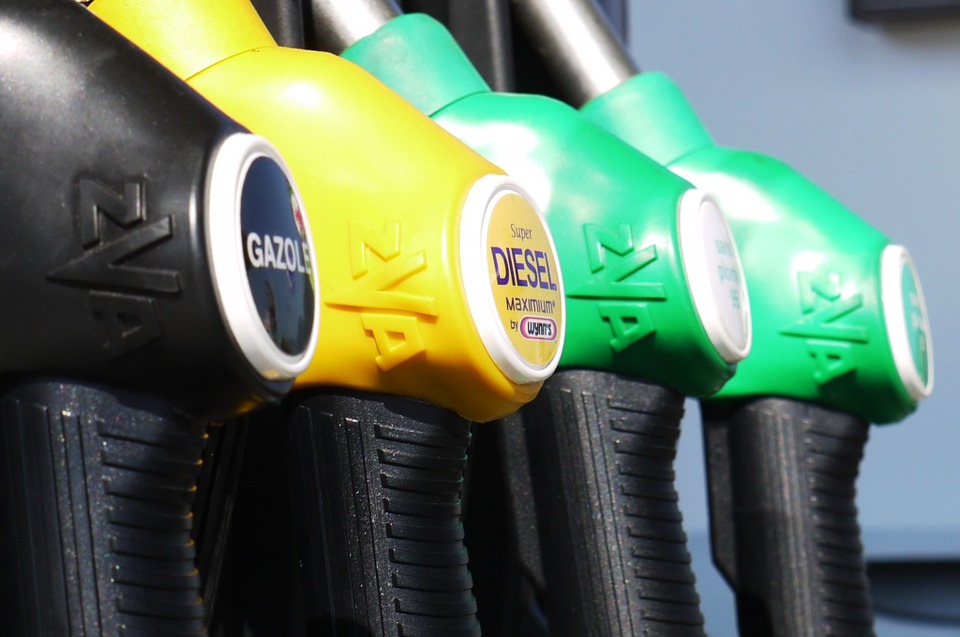Lebanon raises gasoline prices further, effectively reducing subsidy
The price increase does not fully lift the gasoline subsidy, a step expected to take place soon. "This is the stage before last of lifting the subsidy," Georges Braks, a member of the Petrol Station Owners' syndicate said.

- Country:
- Lebanon
Lebanon's energy ministry further raised gasoline prices on Friday, effectively narrowing its fuel subsidy.
The price of 95-octane gasoline and 98-octane gasoline was raised by more than 37%. The increase in gasoline prices is to be implemented immediately, an official document showed.
Worsening gasoline shortages across Lebanon have led to hours-long queues to get barely any fuel, with violence sometimes erupting at gas stations. Iran-backed Hezbollah began bringing Iranian fuel into the country via Syria on Thursday, a move the Shi'ite Muslim group says should ease the crippling energy crisis but which opponents say risks provoking U.S. sanctions.
Lebanon last raised gasoline prices on Aug. 22, with the central bank all but running out of foreign reserves to fund the fuel subsidy program. The price increase does not fully lift the gasoline subsidy, a step expected to take place soon.
"This is the stage before last of lifting the subsidy," Georges Breaks, a member of the Petrol Station Owners' syndicate said. "The subsidy on fuel I imagine from now till the end of the month will go to the last stage and be lifted completely and all of the fuel will then be non-subsidized." The increase in prices will add burdens on a population already reeling from the effects of an economic meltdown dubbed one of the worst depressions of modern history.
The United Nations Economic and Social Commission for West Asia (ESCWA) estimates the crisis has so far propelled 78% of the population into poverty. Lebanon has been winding down a sprawling subsidy program for the import of basic needs including fuel, medicine, and food.
Critics have said the $6 billion program introduced last year was ill-managed and wasteful. The government announced earlier this month a cash subsidy card system for more than 500,000 families as it winds in-kind subsidies down.
(This story has not been edited by Devdiscourse staff and is auto-generated from a syndicated feed.)
ALSO READ
Mexico taking 'preventative measures' after bird flu found in U.S. dairy cattle
Mexico taking 'preventative measures' after bird flu found in U.S. dairy cattle
Kovacevic edges Kokkinakis to reach second round of U.S. Men''s Clay Court Championship
Cyprus seeks EU help to curb surge of Syrian refugees from Lebanon
Cyprus seeks EU help to curb surge of Syrian refugees from Lebanon










